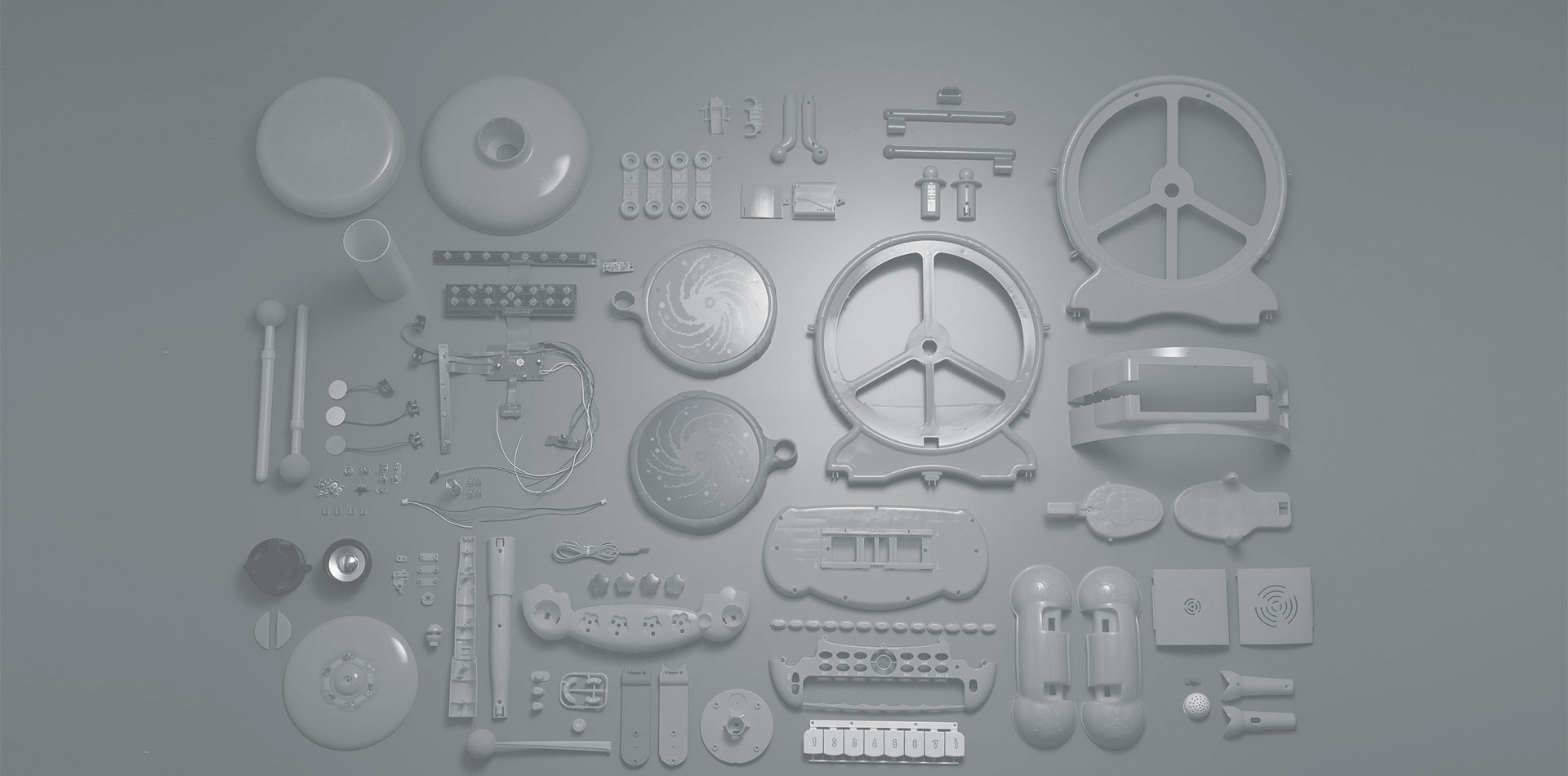Exploring the Benefits of Musical Sensory Toys for Cognitive Development
Release time:
2025-06-23
Musical sensory toys are innovative tools designed to engage children through sound, touch, and movement. These toys are particularly valuable for early childhood development as they stimulate a child’s senses while offering an interactive play experience. The integration of music and sensory elements not only captivates children's attention but also supports various aspects of their growth. One o
Musical sensory toys are innovative tools designed to engage children through sound, touch, and movement. These toys are particularly valuable for early childhood development as they stimulate a child’s senses while offering an interactive play experience. The integration of music and sensory elements not only captivates children's attention but also supports various aspects of their growth.
One of the primary benefits of musical sensory toys is their ability to enhance cognitive development. The auditory stimulation provided by these toys encourages children to explore different sounds, rhythms, and melodies. Engaging with music helps improve listening skills and fosters an understanding of cause and effect: when a child presses a button, they hear a sound. This interaction promotes problem-solving skills and critical thinking as children learn to connect their actions with the responses they receive.
Additionally, musical sensory toys can significantly contribute to emotional development. Music has the power to evoke emotions and create a connection to feelings. When children play with musical toys, they learn to express themselves emotionally, helping them develop empathy and social skills. Activities that involve shared musical play can promote bonding, cooperation, and communication between peers, further strengthening their social interactions.
Moreover, the sensory aspect of these toys provides an excellent opportunity for sensory exploration. Many musical sensory toys incorporate tactile elements, allowing children to engage with different textures and materials. This tactile engagement is crucial for developing fine motor skills, hand-eye coordination, and sensory processing abilities. As children manipulate the toys, they refine their motor skills while also enjoying auditory feedback, effectively combining play with learning.
Incorporating musical sensory toys into playtime can also help children with special needs. For children with autism or sensory processing disorders, these toys can serve as calming tools or as a way to encourage engagement with their environment. The rhythmic patterns and soothing sounds can help reduce anxiety and stimulate positive interactions, making playtime a more inclusive experience.
Furthermore, when selecting musical sensory toys, it is essential to consider age appropriateness to ensure that the toys effectively meet developmental needs. Parents and caregivers should look for toys that not only provide musical engagement but also challenge children to explore their creativity and imagination.
In conclusion, musical sensory toys play a vital role in the holistic development of children. By promoting cognitive skills, emotional growth, and sensory exploration, these toys can significantly enrich a child’s play experience. Investing in such toys can provide children with the foundation they need to thrive in various aspects of their lives, making playtime both educational and enjoyable.
One of the primary benefits of musical sensory toys is their ability to enhance cognitive development. The auditory stimulation provided by these toys encourages children to explore different sounds, rhythms, and melodies. Engaging with music helps improve listening skills and fosters an understanding of cause and effect: when a child presses a button, they hear a sound. This interaction promotes problem-solving skills and critical thinking as children learn to connect their actions with the responses they receive.
Additionally, musical sensory toys can significantly contribute to emotional development. Music has the power to evoke emotions and create a connection to feelings. When children play with musical toys, they learn to express themselves emotionally, helping them develop empathy and social skills. Activities that involve shared musical play can promote bonding, cooperation, and communication between peers, further strengthening their social interactions.
Moreover, the sensory aspect of these toys provides an excellent opportunity for sensory exploration. Many musical sensory toys incorporate tactile elements, allowing children to engage with different textures and materials. This tactile engagement is crucial for developing fine motor skills, hand-eye coordination, and sensory processing abilities. As children manipulate the toys, they refine their motor skills while also enjoying auditory feedback, effectively combining play with learning.
Incorporating musical sensory toys into playtime can also help children with special needs. For children with autism or sensory processing disorders, these toys can serve as calming tools or as a way to encourage engagement with their environment. The rhythmic patterns and soothing sounds can help reduce anxiety and stimulate positive interactions, making playtime a more inclusive experience.
Furthermore, when selecting musical sensory toys, it is essential to consider age appropriateness to ensure that the toys effectively meet developmental needs. Parents and caregivers should look for toys that not only provide musical engagement but also challenge children to explore their creativity and imagination.
In conclusion, musical sensory toys play a vital role in the holistic development of children. By promoting cognitive skills, emotional growth, and sensory exploration, these toys can significantly enrich a child’s play experience. Investing in such toys can provide children with the foundation they need to thrive in various aspects of their lives, making playtime both educational and enjoyable.

Guangdong Baoli Cultural Development Co..Ltd
NO.2 Cross-west Qujian Road, Fengxin Gangkou Industrial Park, Fengxiang in Chenghai District, Shantou City, Guangdong Province, China
Copyright © Guangdong Baoli Cultural Development Co..Ltd







